7 Essential Tips for Choosing the Perfect Contact Lens Case for Your Eyes
Choosing the right Contact Lens Case is crucial for maintaining ocular health, yet many lens wearers overlook this essential accessory. According to the American Optometric Association, approximately 45 million people in the U.S. wear contact lenses, highlighting a significant demand for suitable care products. A recent study published in the 'Journal of Optometry' showed that improper storage and handling of contact lenses, often linked to inadequate cases, can lead to serious eye infections. The Centers for Disease Control and Prevention (CDC) also reports that the risk of keratitis increases significantly when users fail to replace their contact lens cases every three months. Therefore, understanding the features and benefits of a quality Contact Lens Case is paramount for every wearer. This article provides seven essential tips to help you choose the perfect case, ensuring your lenses are stored safely and effectively to promote optimal vision health.

Essential Features to Look for in a Contact Lens Case
When selecting a contact lens case, there are several essential features to consider that can significantly enhance the safety and longevity of your lenses. According to a report by the American Optometric Association, nearly 87% of contact lens wearers do not properly clean their lens cases, which can lead to bacterial growth and potential eye infections. Therefore, opting for a case made from antimicrobial materials can provide an extra layer of protection against harmful pathogens.
In addition, drainage holes are vital for maintaining a clean environment for your lenses. A study by the Centers for Disease Control and Prevention (CDC) indicated that contact lens cases with inadequate drainage could retain moisture, creating a breeding ground for bacteria. Cases equipped with secure, watertight closures are essential as well; this feature ensures that your lenses remain protected from environmental contaminants. Lastly, consider cases designed with easily identifiable compartments, which not only assist in organizing your lenses but also minimize the risk of mixing them up, thus preventing potential complications. Prioritizing these features can greatly enhance your contact lens experience and overall eye health.
Contact Lens Case Features Analysis
Understanding Different Materials for Contact Lens Cases
When selecting a contact lens case, understanding the materials used in their construction is paramount. Most cases are made from either plastic or silicone, each offering unique benefits. According to a report by the American Optometric Association, plastic cases, while commonly used, can harbor bacteria if not cleaned regularly. Their lightweight nature makes them convenient for travel, but they often lack the antimicrobial properties found in silicone, which is gaining popularity due to its durability and ease of cleaning.
Moreover, some manufacturers have begun incorporating advanced materials designed to inhibit bacterial growth. A study published in the Journal of Optometry found that cases made from antimicrobial materials significantly reduce the risk of contamination, which is critical given that improper lens care can lead to serious infections. With an estimated 1 in 500 contact lens wearers experiencing a serious eye infection annually, selecting a case that prioritizes hygiene is essential. Choosing the right material not only ensures the longevity of your lenses but also protects your eye health in the long term.
How to Ensure Proper Hygiene with Your Contact Lens Case
When it comes to choosing the perfect contact lens case, hygiene should be your top priority. A clean case is essential for maintaining the integrity of your lenses and ensuring your eyes remain free from infections. When selecting a case, consider one that features a removable, sterilizable interior. This allows for easy cleaning, which should be done regularly to eliminate any bacteria or debris that may accumulate over time.

In addition to selecting a hygienic design, it is crucial to follow proper care routines. Always wash your hands thoroughly before handling your contact lenses or case. After each use, discard any leftover solution from the case and rinse it with fresh, sterile contact lens solution—not water—as tap water can introduce harmful microorganisms. Allow the case to air dry completely before closing it, and aim to replace the case every three months to further reduce the risk of contamination. By prioritizing both the selection and maintenance of your contact lens case, you can significantly enhance your eye health and comfort.
The Importance of Size and Design in Choosing a Contact Lens Case
Choosing the right contact lens case is crucial for maintaining eye health and ensuring your lenses remain safe and clean. When considering size and design, it’s essential to select a case that accommodates your specific lens type. Larger cases might be necessary for multifocal lenses, whereas compact cases can be ideal for standard lenses, minimizing the risk of damage or contamination.
In addition to size, design plays a significant role in usability and hygiene. Look for cases with secure closures to prevent accidental spills or exposure to contaminants. Moreover, opt for materials that are easy to clean and resistant to bacterial growth. For those who travel frequently, consider lightweight, portable designs that still offer ample protection for your lenses on the go.
Ultimately, selecting the perfect contact lens case involves assessing your individual needs. Remember to prioritize both size and design to ensure that your contact lenses stay in pristine condition, which is essential for optimal vision and comfort.
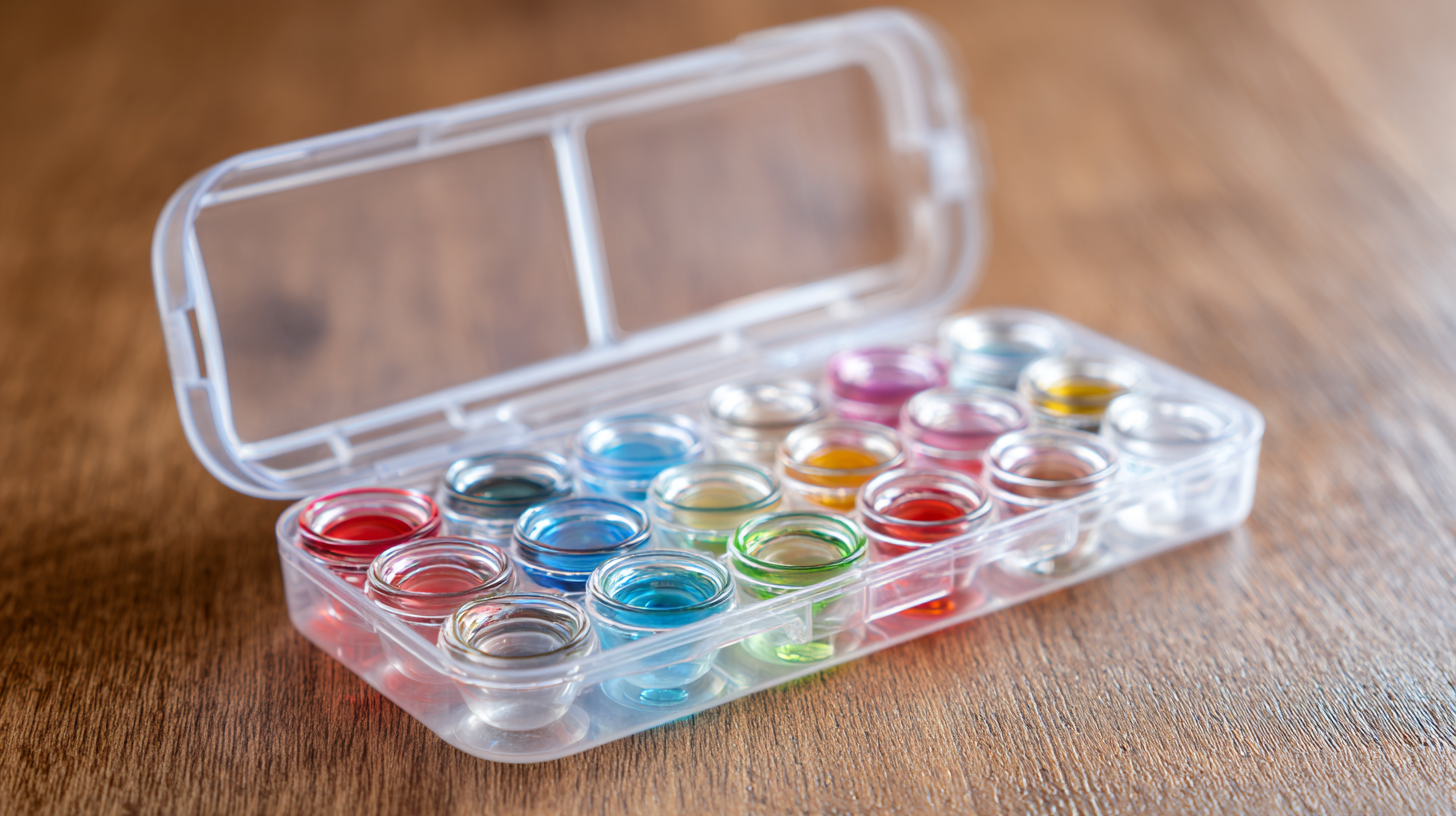
Tips for Maintaining Your Contact Lens Case for Longevity
When it comes to maintaining your contact lens case for longevity, cleanliness is paramount. Regularly cleaning your case should be a ritual; rinse it with fresh contact lens solution instead of water after each use. Water can introduce harmful bacteria that may compromise your eye health. Additionally, you should replace your contact lens case every three months to minimize the risk of buildup of germs and other contaminants.
Another essential aspect of maintenance is proper storage. Always keep your lens case in a cool, dry place, away from direct sunlight. If you accidentally drop your case, inspect it carefully for any damage before using it again, as cracks can harbor bacteria. Lastly, it’s advisable to periodically wipe the exterior of the case with disinfectant wipes to ensure it remains clean and safe for your contacts. By following these tips, you can significantly extend the life of your contact lens case and protect your eyes from potential infections.
Related Posts
-
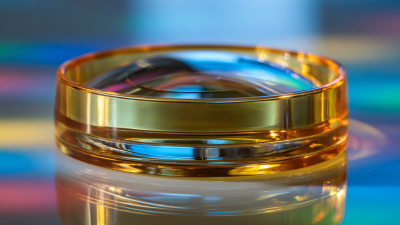
Unlocking the Secrets of the Best Contact Lens Case with Essential Features and Usage Tips
-

Discover the Advantages of Choosing the Right Contact Lens Case for Your Eye Care
-
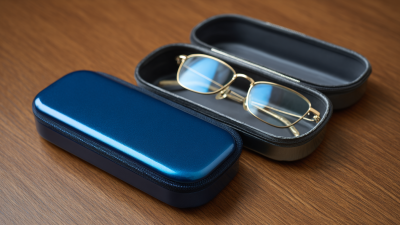
Innovative Uses of the Best Glasses Case Across Various Industries
-
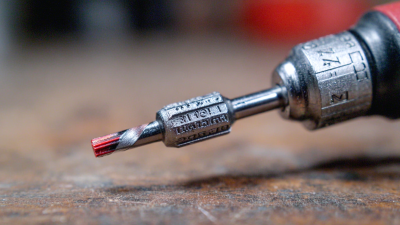
7 Key Benefits of Using the Best Screwdriver Bit for Every Professional Toolbox
-
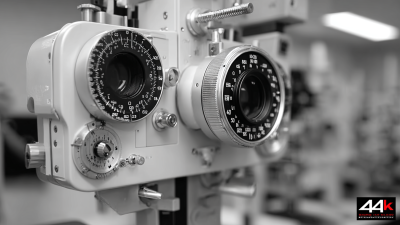
Setting the Benchmark: Understanding Industry Standards for Best Optometry Equipment
-

Innovative Eyeglass Nose Pads Examples Enhancing Comfort and Style
